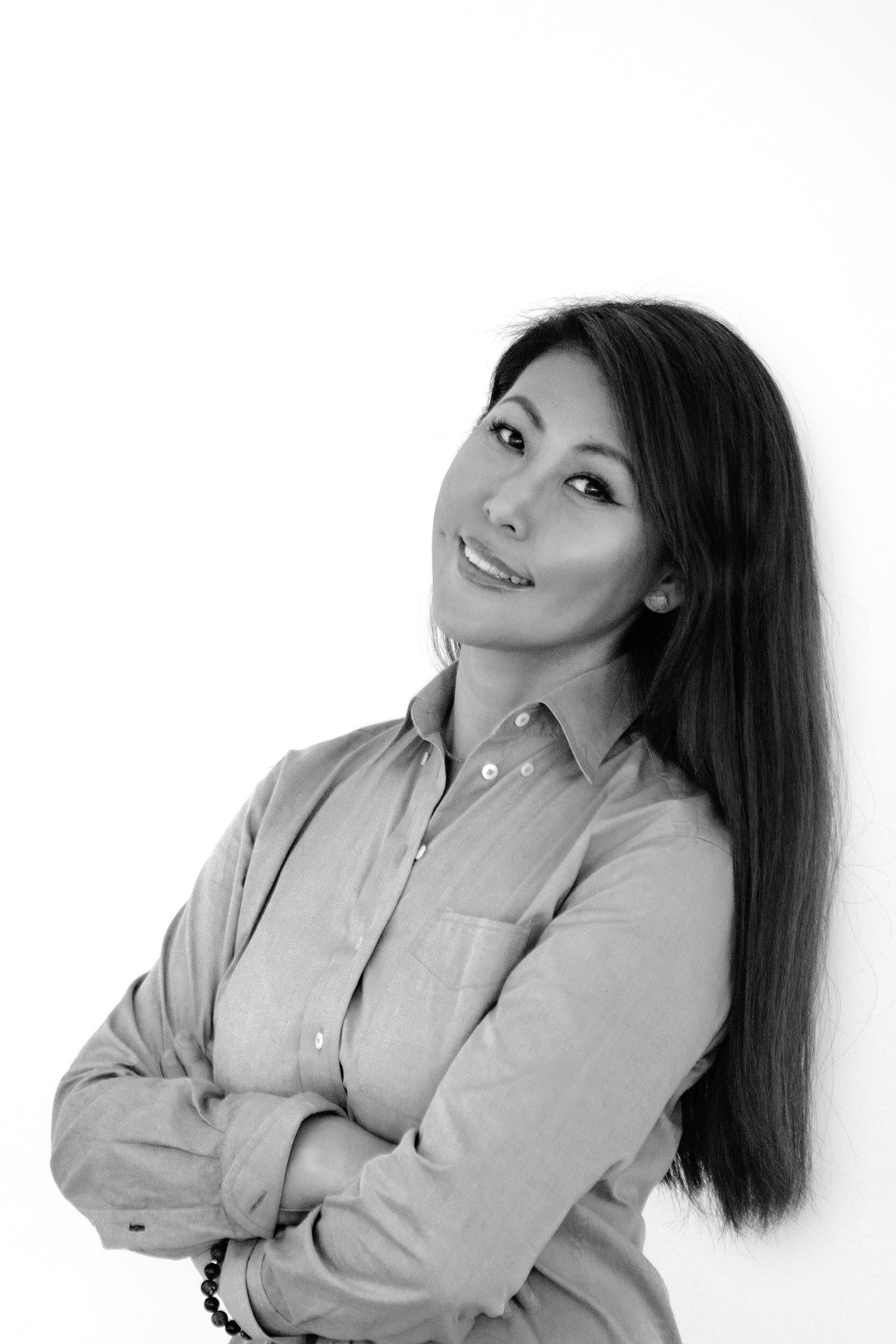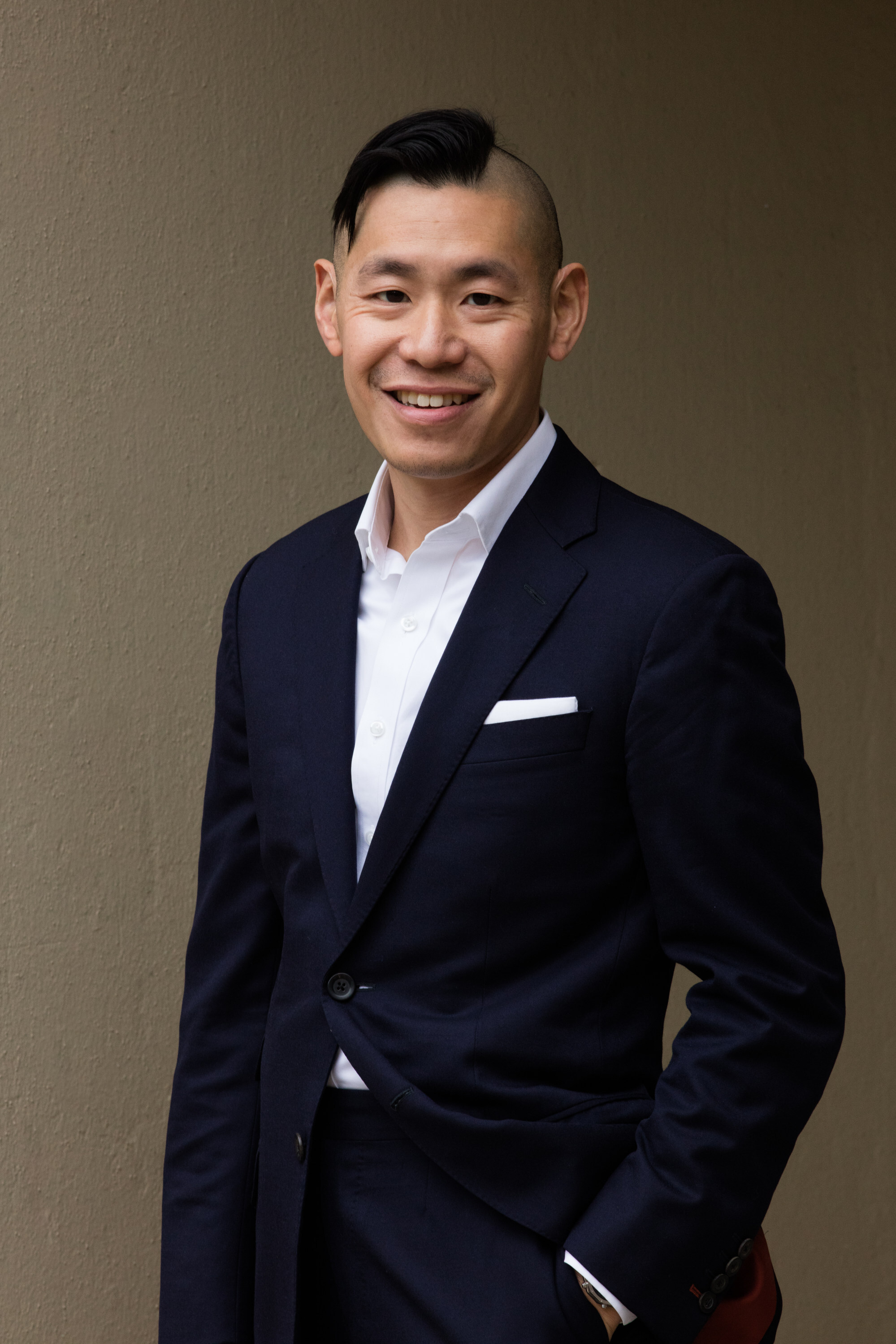
Chinese migrant to Los Angeles found contemporary art scene lacking so she opened her own gallery to show Asian artists’ work, and she’s not alone
- Lu Yiwei found LA starved of contemporary art when she arrived from Shanghai in 2014, and has opened Yiwei Gallery to champion Asian artists, especially women
- May Xue worked at UCCA Centre for Contemporary Art in Beijing and the K11 Art Foundation in Hong Kong before founding Horizon to show underserved artists’ work
The final touches have just been put to Horizon, a newly opened workspace for artists in downtown Los Angeles, California.
“It was the only thing we needed,” says May Xue of the 4,800 sq ft (450 square metre) space, which will host its first artist-in-residence in February. “We were looking everywhere for something like this, something with high ceilings and light, where artists could create. This is perfect for that.”
Before joining KAF in 2017, she was chief executive of UCCA Centre for Contemporary Art in Beijing, a not-for-profit art museum.

Xue worked in Los Angeles as a private events organiser for three years in the early 2000s, before returning to China. Now, with Horizon, she is returning to a city she loves and to what she loves doing – discovering emerging artists, giving them a place to explore their creativity and hosting community events.
Another Chinese woman has, also at the same time, set up a new art platform across town.
Lu Yiwei, founder of Yiwei Gallery, is set on championing Asian artists (especially women) in her adopted city. She has just come off a successful exhibition, “Natural Women”, at her gallery space on Abbot Kinney Boulevard near Venice Beach and is making plans for another show in the spring.
Who are Chinese-American couple that gave the Met US$125 million?
Both women feel underserved artists need more support, especially now international travel has been curtailed and opportunities for artists to show their works globally are limited. They believe art can bring cultures together when politics divides them.
Horizon, a non-profit funded by Los Angeles-based patrons Harry Hu and Jason Li, doesn’t just focus on Asian artists – it will highlight all artists of colour.

Christopher Y. Lew, a former curator of the Whitney Museum of American Art, is Horizon’s chief artistic director. He and an advisory board made up of Wassan Al-Khudhairi, chief curator of the Contemporary Art Museum in St Louis, and María Elena Ortiz, curator of Miami’s Perez Art Museum, have selected four artists for the 2022 residency programme. (At the time of writing, those names could not be revealed.)
The four artists are all based in the US and will spend between one to three months at the venue. During their residency, they can choose to conduct talks, inviting art fans into their world, or perhaps an end-of-residency show.
Xue says the work will belong to the artists when the residency ends and will not be sold. “We wanted this to be a programme to really benefit artists, with no pressure. Everything is dedicated to them,” she says.
Recipes by Ai Weiwei and other artists keep museum going during Covid-19
Xue is surprised by how easy it has been to set Horizon up. In May 2021, when places in the US began reopening during the pandemic, Xue started exploring how Los Angeles galleries worked and who they focused on.
A gallery owner introduced her to Hu and Li and they toured galleries and talked for hours. When Xue broached the idea of having a space totally dedicated to upcoming artists, her backers agreed.
“I was shocked,” she says. “It was a very casual conversation. But they said how much they love art and artists, and that this was something they wanted to support.
“I thought they were joking. In Asia, to do something like this there has to be a whole presentation. These two didn’t know who I was, or my background. They just checked my Wikipedia page and said they trusted my expertise. We registered the foundation, found a space, and now are soon to welcome our first artists.”

Lu’s quest to help Asian artists began very differently. While studying art and film production in college in LA, she began exploring the local art scene.
“I went to every opening,” she says. At the 2018 edition of Photo LA, California’s longest-running international photographic art fair, she met Chinese photographer Ye Wenlong, who takes striking images of natural landscapes.
“He was having a hard time explaining his work to collectors,” says Lu. “I acted as his interpreter and then sold some of his work, and he hired me on the spot,” she recalls.
If you ask most people to name a contemporary Chinese artist, they will mention Ai Weiwei. We need fresh blood, and I like discovering new artists and growing with them
A year later, Ye encouraged Lu to set up her own gallery and to help him arrange an exhibition in LA.
“He would bring me more Chinese artists, introduce me to his resources,” she says. In 2019, she turned part of her home into an artist’s residency, hosting them for a month at a time as they created before hosting exhibitions for them at pop-up locations.
From hanfu designer to hand-painted fan maker, China’s artisan youth
“A lot of [artists] had shown their work in China, and wanted to branch out in LA, and I became something of an ambassador. More Chinese artists approached me and asked me to curate shows for them.”
“It was like my graduate school,” she says. “I learned and personally grew a lot.”

When things started opening back up, Lu began organising exhibitions again – some at pop-up venues, one in her home – before renting a dedicated gallery space.
“Natural Women” featured the work of four female artists, and ran for a few weeks before Christmas. The artists included Moeko Maeda, whose creations made from salt can take up to six months to complete, and Thai-born artist Sasinun Kladpetch.
“I wanted to do a feel-good show,” says Lu. “I wanted people to feel like they were surrounded by natural elements, that they felt good in this space and could stay here forever.”
Four women photographers portray slices of life in Shanghai
A spring exhibition in the works will feature the work of two Chinese female photographers, for whom this will be their first show.
Xue is equally buoyant about the future; once travel to China is allowed without restriction, she and her co-founders want to set up a Horizon there, to host visiting artists from around the world.
“I want to bring some positive energy,” she says. “Residencies like this help artists to change their medium, to do research, to work without pressure however they want to work. It can help them break through. It’s a little adventure for them.”

